
The question of the faná and baqá of the dervish. مسلهی فنا و بقای درویش
گفت قایل در جهان درویش نیست ور بود درویش آن درویش نیست
The speaker said, “There is no dervish in the world; and if there be a dervish, that dervish is (really) non-existent.”
هست از روی بقای ذات او نیست گشته وصف او در وصف هو
He exists in respect of the survival of his essence, (but) his attributes have become non-existent in the attributes of Him (God).
چون زبانهی شمع پیش آفتاب نیست باشد هست باشد در حساب
Like the flame of a candle in the presence of the sun, he is (really) non-existent, (though he is) existent in (formal) calculation.
هست باشد ذات او تا تو اگر بر نهی پنبه بسوزد زان شرر
Its (the flame’s) essence is existent, so that, if you put cotton upon it, it (the cotton) will be consumed by the sparks;
نیست باشد روشنی ندهد ترا کرده باشد آفتاب او را فنا
(But) it is (really) non-existent: it gives you no light: the sun will have naughted it.
در دو صد من شهد یک اوقیه خل چون در افکندی و در وی گشت حل
When you have thrown an ounce of vinegar into two hundred maunds of sugar, and it has become dissolved therein,
نیست باشد طعم خل چون میچشی هست اوقیه فزون چون برکشی
The flavour of the vinegar, when you taste (the sugar), is non-existent, (though) the ounce exists (as a) surplus when you weigh.
پیش شیری آهوی بیهوش شد هستیاش در هست او روپوش شد
In the presence of a lion a deer becomes senseless: her existence becomes a (mere) veil for his existence.
این قیاس ناقصان بر کار رب جوشش عشقست نه از ترک ادب
These analogies drawn by imperfect men concerning the action of the Lord are (like) the emotion of love, (they are) not from irreverence.
نبض عاشق بی ادب بر میجهد خویش را در کفهی شه مینهد
The lover’s pulse bounds up without reverence, he lays himself on the scale of the King’s balance.
بیادبتر نیست کس زو در جهان با ادبتر نیست کس زو در نهان
None is more irreverent than he in the world (outwardly); none is more reverent than he in secret (inwardly).
هم بنسبت دان وفاق ای منتجب این دو ضد با ادب با بیادب
Know, O chosen one, that these two opposites also, “reverent” and “irreverent,” are reconciled by means of relation.
بیادب باشد چو ظاهر بنگری که بود دعوی عشقش همسری
He (the lover) is irreverent when you regard the outward aspect, for his claim of love is (involves) equality (with the Beloved);
چون به باطن بنگری دعوی کجاست او و دعوی پیش آن سلطان فناست
(But) when you regard the inward aspect, where is the claim? He and (his) claim are naughted in the presence of that Sultan.
مات زید زید اگر فاعل بود لیک فاعل نیست کو عاطل بود
Máta Zaydun (Zayd died): if Zayd is the agent (grammatical subject), (yet) he is not the agent, for he is defunct.
او ز روی لفظ نحوی فاعلست ورنه او مفعول و موتش قاتلست
He is the agent (only) in respect of the grammatical expression; otherwise, he is the one acted upon (the object of the action), and Death is his slayer.
فاعل چه کو چنان مقهور شد فاعلیها جمله از وی دور شد
What (power of) action (remains in him), since he has been so overpowered and all the qualities of an agent have been removed from him?
Special Offers
by: Reza about (category: Masnavi, Persian Poetry)



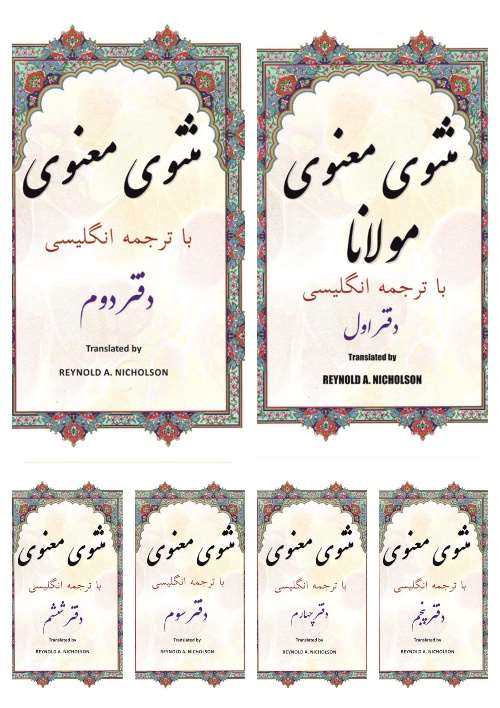
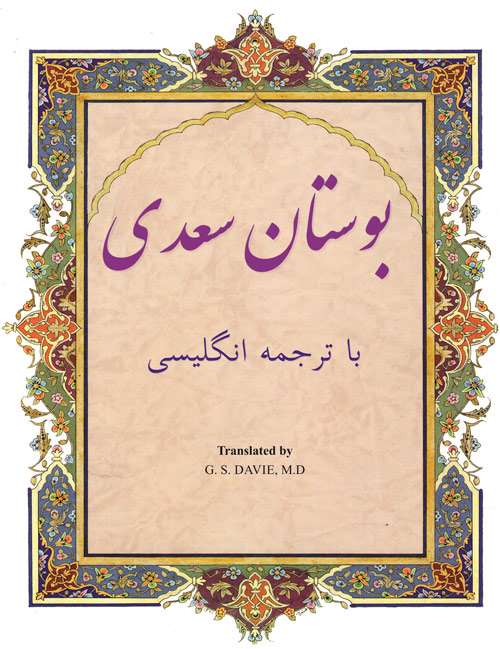
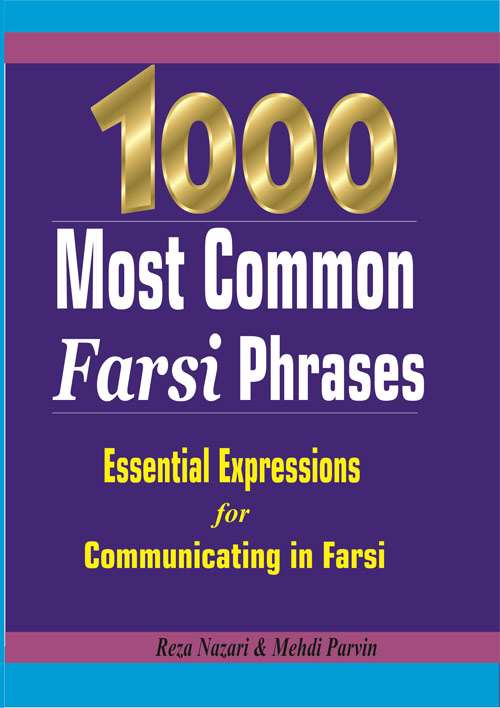
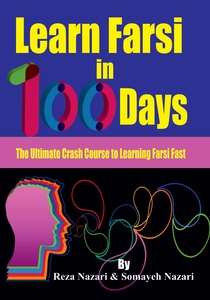






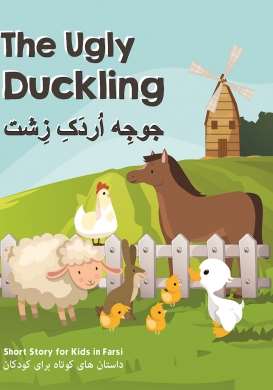
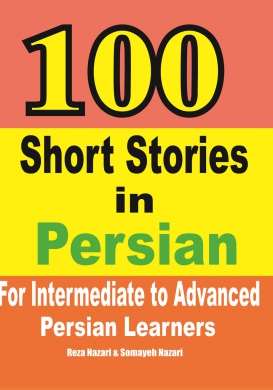

What people say about "The question of the faná"?
No one replied yet.